Talking to TG&VN, Mr. Kinoshita Tadahiro - Chairman of the Japan Chamber of Commerce and Industry in Vietnam (JCCI) said that Vietnam is the most promising business destination in ASEAN for Japanese companies.
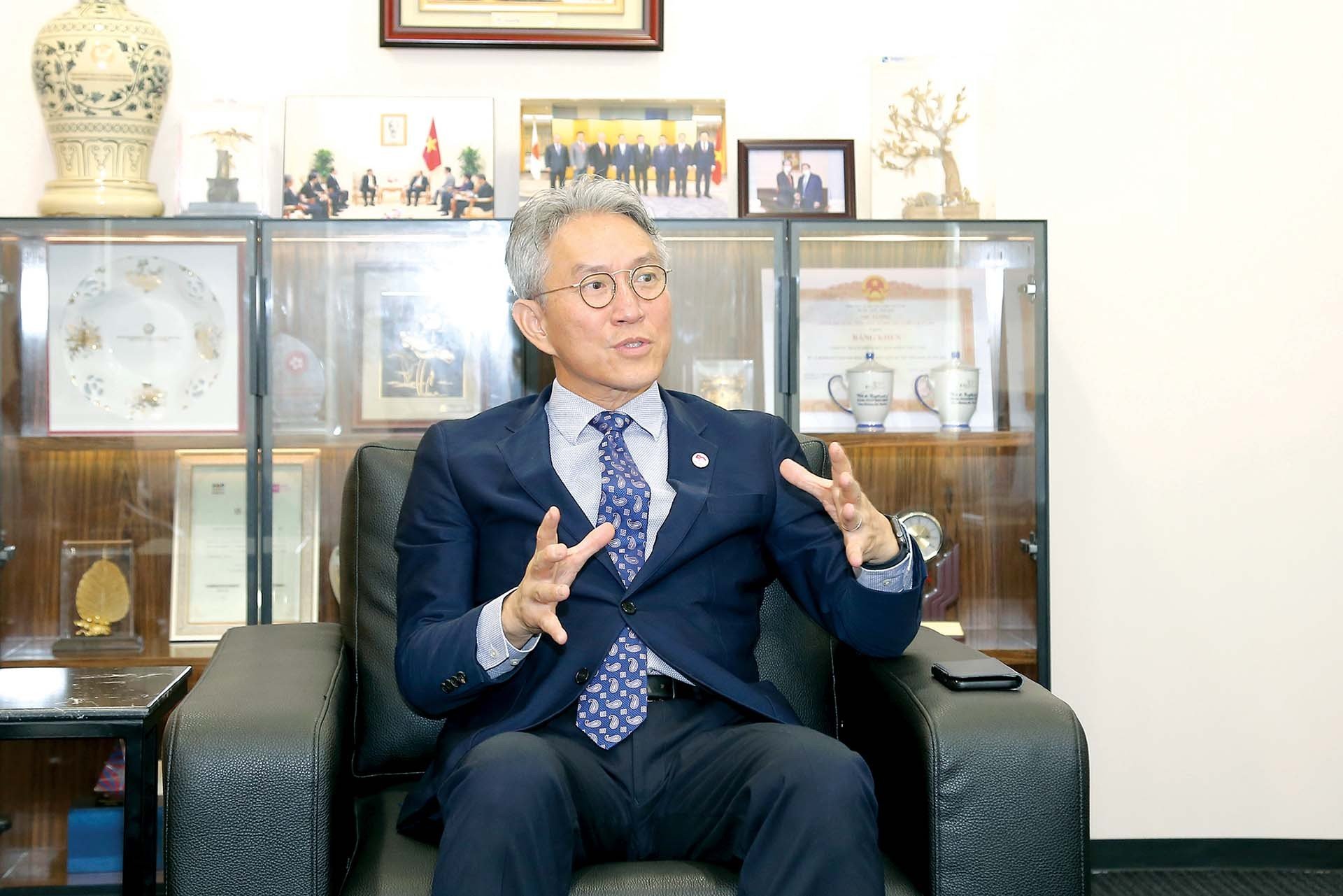 |
| Chairman of the Japan Chamber of Commerce and Industry in Vietnam (JCCI) Kinoshita Tadahiro gave an interview to TG&VN Newspaper. |
Congratulations on your election as Chairman of the Japan Business Association in Vietnam. In your new position, what is your assessment of the current investment and business cooperation relationship between Japan and Vietnam?
Before the Covid-19 outbreak, many Japanese enterprises intended to invest and access the Vietnamese market, but this was interrupted by the impact of the pandemic. Therefore, in the post-Covid-19 period, when the epidemic prevention regulations were lifted, many Japanese enterprises were interested in Vietnam and planned to expand their business in Vietnam. Currently, the prospect of investment cooperation between Japan and Vietnam is very good, as many Japanese companies - especially those exporting goods to Western countries with production facilities located in China - are tending to move their facilities to Vietnam (the "China + 1" strategy). When comparing the investment environment in ASEAN member countries, Vietnam is considered the most promising business destination. There are two points that make Vietnam attractive to investors: political stability and relatively competitive wages. In addition, the Vietnam-Japan Joint Initiative, a policy dialogue forum between Japanese investors and relevant ministries and sectors of Vietnam, initiated in 2003, has contributed to creating an open and transparent investment and business environment in Vietnam over the past 20 years; at the same time, it has made policy recommendations to help Vietnam improve its laws and policies... to create an increasingly attractive investment environment. In the context of the global economy being assessed as having entered a recession, the international business environment is still unstable as it is now, could you talk about the difficulties and challenges of foreign investment enterprises in general and Japanese investors in Vietnam in particular in the current period? The biggest difficulty currently facing Japanese enterprises in Vietnam, as well as foreign enterprises in general, is the slow speed of project approval, especially real estate and e-commerce projects. In addition, businesses have difficulty complying with the provisions of the Fire Prevention and Fighting Law and are confused when preparing to ensure compliance with new regulations when the Decree on Personal Information Protection comes into effect in the near future. During the Covid-19 pandemic as well as in the current post-pandemic recovery process, the Vietnamese Government has had many policies to support businesses, including foreign businesses. How do you evaluate these efforts? The Vietnamese economy has recovered very quickly after the pandemic, with the growth rate always maintained at over 5%. To do this, the Vietnamese Government has made great efforts. This has been recognized by foreign businesses. In addition, the Vietnamese Government is strongly determined to fight corruption. This is a very good thing. I hope that Vietnam will pay more attention to foreign investment, ensuring that the approval process for new projects is faster and more convenient for investors. In the message of the JCCI President, he said that one of the Association's priorities in the coming time is to continue promoting "improving the investment environment" in Vietnam. Could you elaborate on this? As I have shared, the three main operating principles in 2023 of JCCI include: first, improving the investment and business environment in Vietnam; second, improving the living environment for member enterprises of the Association and their families; and third, developing the relationship between Japan and Vietnam. Regarding the principle of improving Vietnam's investment environment, as I have shared, the Association has a relevant committee in charge of the investment and business environment, whose members are representatives from enterprises. This committee often holds regular meetings and raises issues that each enterprise is facing and discusses with the Vietnamese Government to find appropriate solutions. Next, as mentioned above, is the Vietnam-Japan Joint Initiative. This mechanism holds regular meetings every one and a half years, discussing various topics. Currently, the Initiative is in its eighth phase and is discussing 11 topics, mainly related to laws and policies. These proposals are submitted to the Vietnamese Government through the Ministry of Planning and Investment. After 20 years of operation, the Initiative has many more practical, effective and in-depth topics and proposals, related to the digital economy, green economy, renewable energy, human resource training, development of supporting industries, carbon emission reduction, etc. These are areas where the two sides can promote cooperation in the coming time. |
| Terminal T2 - Noi Bai International Airport, a project using ODA loans from Japan. (Photo: Lim Dim) |
From May 19-21, Prime Minister Pham Minh Chinh will visit Japan to attend the G7 Summit at the invitation of Prime Minister Kishida Fumio. On this occasion, a Vietnam-Japan investment conference will be held in Japan. Could you talk about the importance of the visit and the impact of the visit and this conference on the prospects of bilateral investment cooperation?
I understand that during Prime Minister Pham Minh Chinh's participation in the G7 Summit in Japan this time, there will be an investment conference between Vietnam and Japan. On this occasion, Prime Minister Pham Minh Chinh will meet privately with a number of Japanese business leaders. In my opinion, organizing such conferences and dialogues at this time is very appropriate, because it is now the time to recover from the pandemic and many Japanese businesses are looking to return to invest or expand their business in Vietnam. This is an opportunity for them to meet directly with the leaders of the Vietnamese Government and raise issues of concern and difficulties for timely solutions. It is known that the Association plans to organize a very grand event to celebrate the 50th anniversary of the establishment of diplomatic relations between Vietnam and Japan. Can you share details about this project, as well as other important activities of the Association in this anniversary year? JCCI plans to organize a very large event with an expected participation of about 1,000 people. The program will be divided into two parts: the first is a concert, performed by Vietnamese and Japanese children, with a future-oriented content; the second is Beethoven's Ninth Symphony - performed by a combination of the Vietnamese symphony orchestra and the Vietnamese choir under the direction of a Japanese conductor. In addition, there may also be a very attractive fireworks display. In addition, we will continue to organize the annual Relay Race, but on a larger scale, with the participation of more people, to create a greater spread, on the occasion of the 50th anniversary of the establishment of diplomatic relations between the two countries. To talk about the closeness and friendship between the two countries, in the past, the leaders of the two sides often said that Vietnam and Japan are "companions in the same boat", but recently, we often hear the phrase "Vietnam-Japan walking together towards the future". At this important milestone, could you share your personal opinion on the future of the relationship between the two countries in the next 50 years? I have been working in Vietnam for five years, but in fact I first came to Vietnam in 1989. Since then, I have had more than 100 business trips to your country. I have worked in many countries around the world such as the US, Australia, Germany... but personally, I find the relationship between Japan and Vietnam to be the deepest. Vietnamese and Japanese people are very similar, especially in their respect for the elderly as well as their modesty and diligence. Because of the many similarities, it is easy to connect Japan with Vietnam. I believe that in the next 50 years, the relationship between the two countries will become increasingly better, closer and more intimate.window.fbAsyncInit = function() { FB.init({ appId : '277749645924281', cookie : true, xfbml : true, version : 'v4.0' }); FB.AppEvents.logPageView(); }; (function(d, s, id){ var js, fjs = d.getElementsByTagName(s)[0]; if (d.getElementById(id)) {return;} js = d.createElement(s); js.id = id; js.src = "https://connect.facebook.net/vi_VN/sdk.js"; fjs.parentNode.insertBefore(js, fjs); }(document, 'script', 'facebook-jssdk')); function social_stats_for_item(item_url,item_id){$.ajax({url:'https://baoquocte.vn/member.api?act=X19zb2NpYWxfc2F2ZV9hcnRpY2xlX18=&token=0e12437 94714f04be19261c8e11c0daa&url="+item_url+"&type=1&id='+item_id,dataType:'jsonp',type:'GET',success:function(data){}});}(function(d){var js,id='facebook-jssdk';if(d.getElementById(id)){return;}js=d.createElement('script');js.id=id;js.async=true;js.src="https://conne ct.facebook.net/en_US/all.js";d.getElementsByTagName('head')[0].appendChild(js);}(document));window.fbAsyncInit=function(){FB.ini t({appId:'277749645924281',cookie:true,status:true,xfbml:true,oauth:true,version:'v15.0'});FB.api('https://baoquocte.vn/viet-nam- Nhat-ban-huong-toi-tuong-return-tot-dep-gan-bo-and-than-thiet-hon-227591.html','GET',{"fields":"engagement"},function(response){});var getIDItem=$('input[name="__PARAMS_ID_WIDGET"]').val();if(getIDItem!=''){FB.Event.subscribe('edge.create',function(response){social_stats_for_item(response,getIDItem);});}FB.Event.subscribe('edge.remove',function(response){});}; Source


![[Photo] Overcoming all difficulties, speeding up construction progress of Hoa Binh Hydropower Plant Expansion Project](https://vstatic.vietnam.vn/vietnam/resource/IMAGE/2025/4/12/bff04b551e98484c84d74c8faa3526e0)
![[Photo] Closing of the 11th Conference of the 13th Central Committee of the Communist Party of Vietnam](https://vstatic.vietnam.vn/vietnam/resource/IMAGE/2025/4/12/114b57fe6e9b4814a5ddfacf6dfe5b7f)




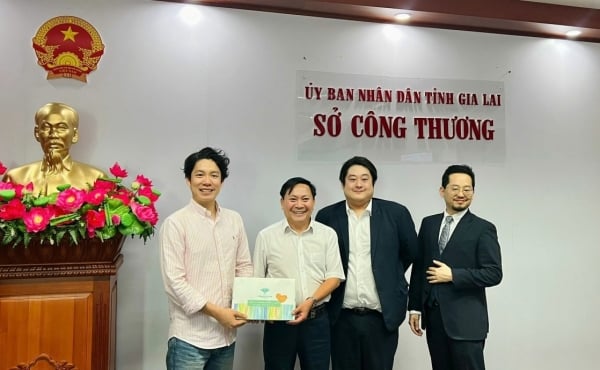

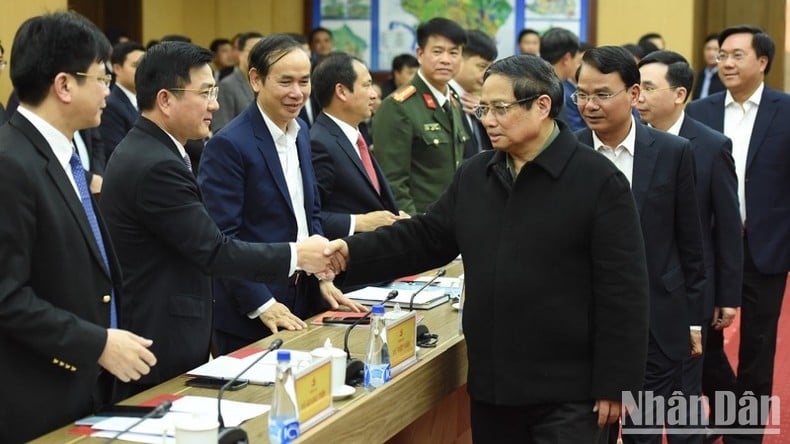

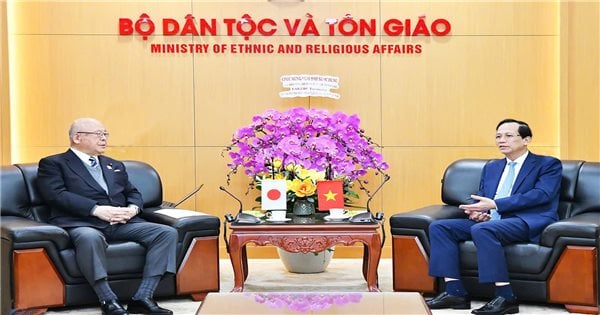

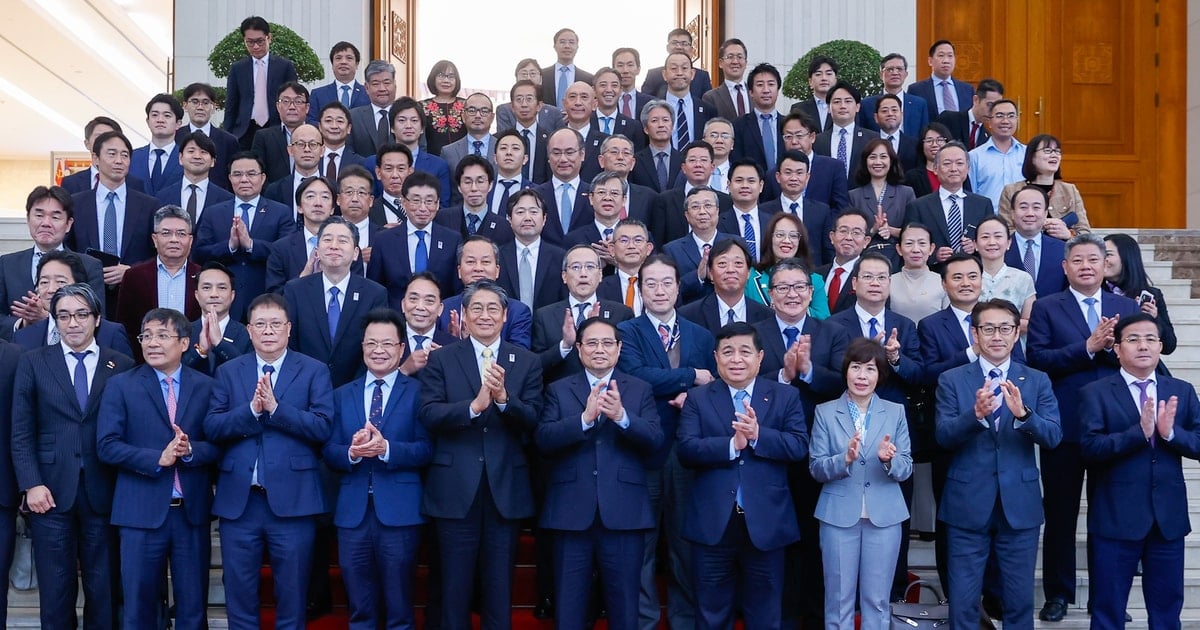

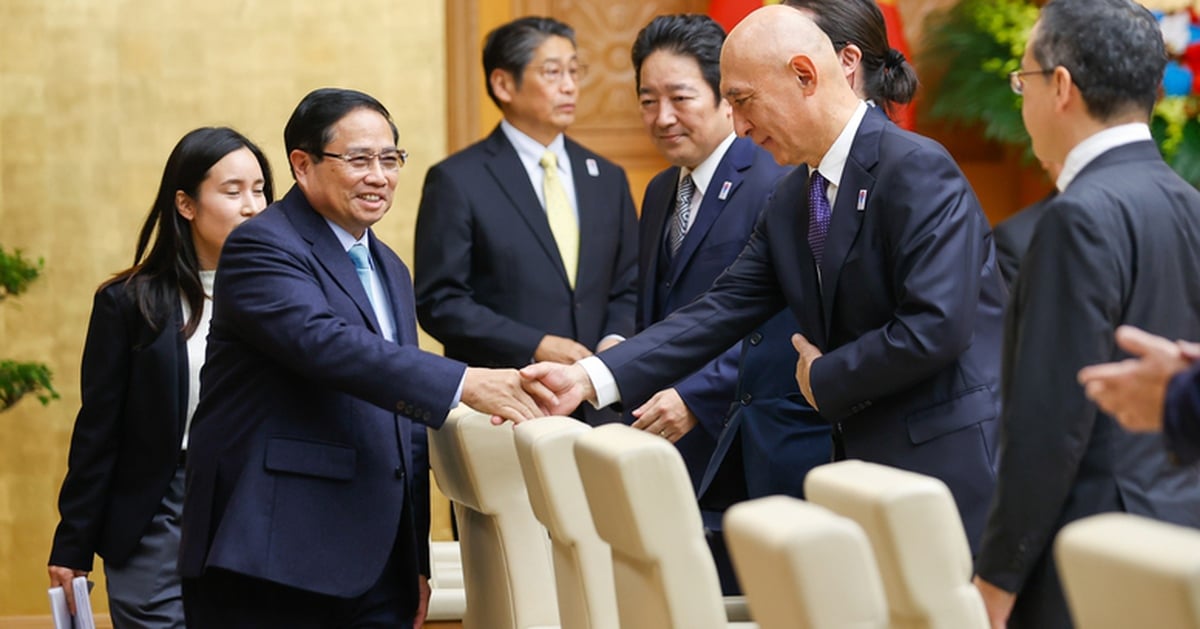

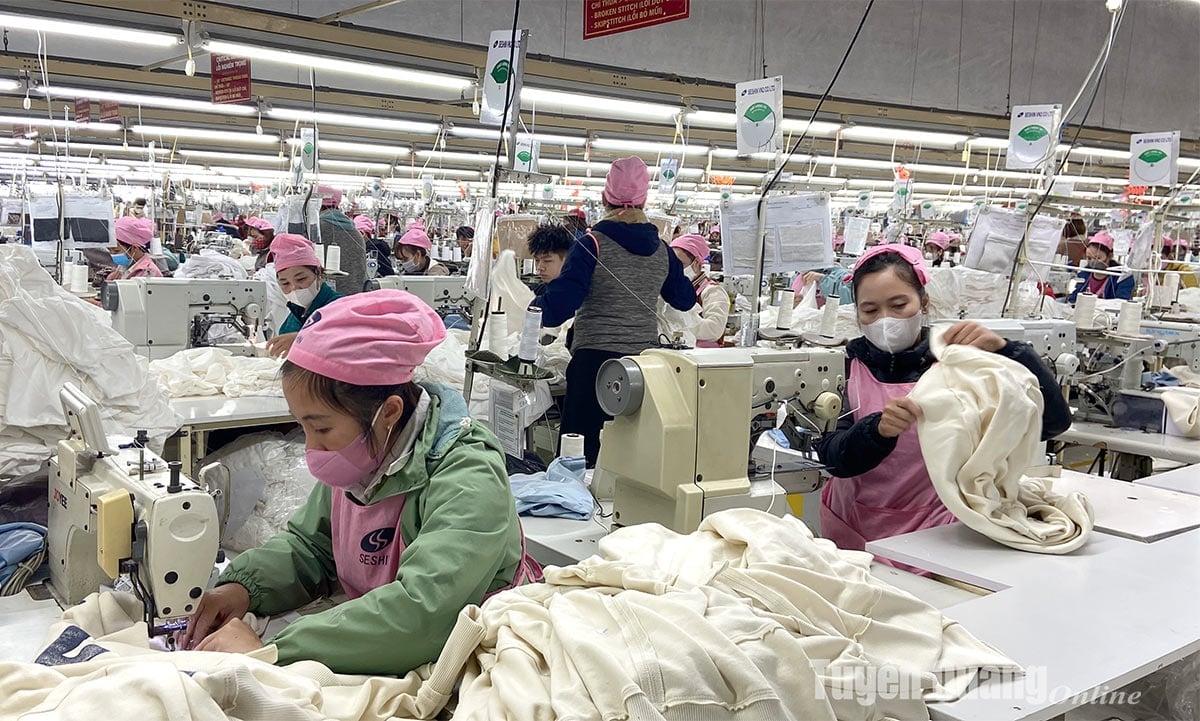

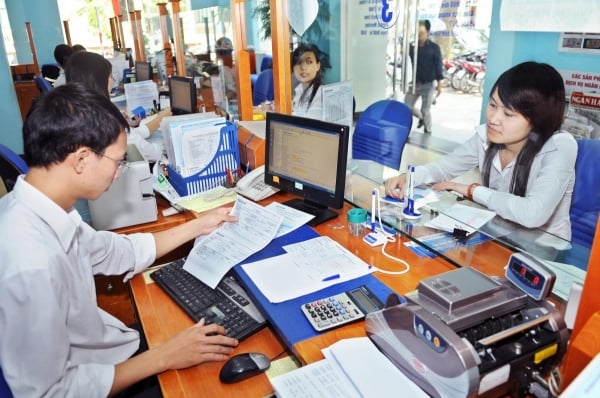
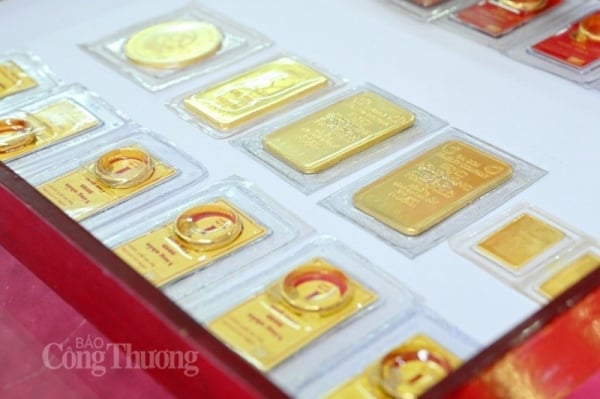
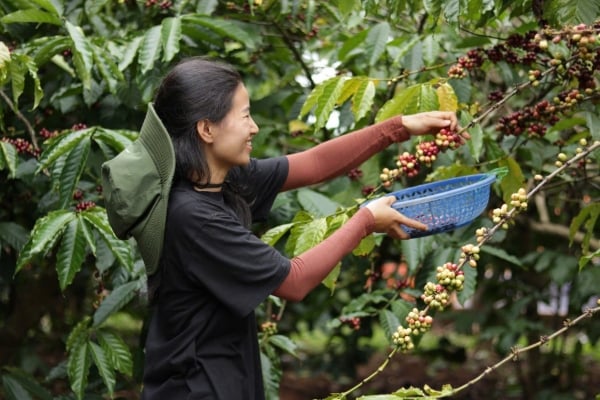
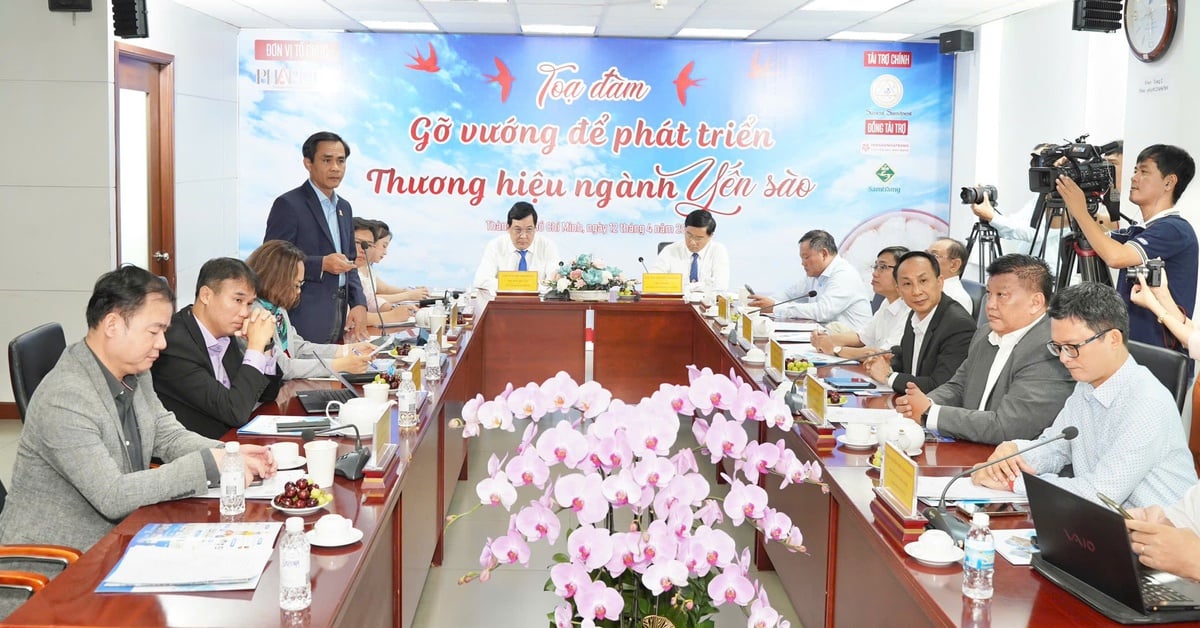
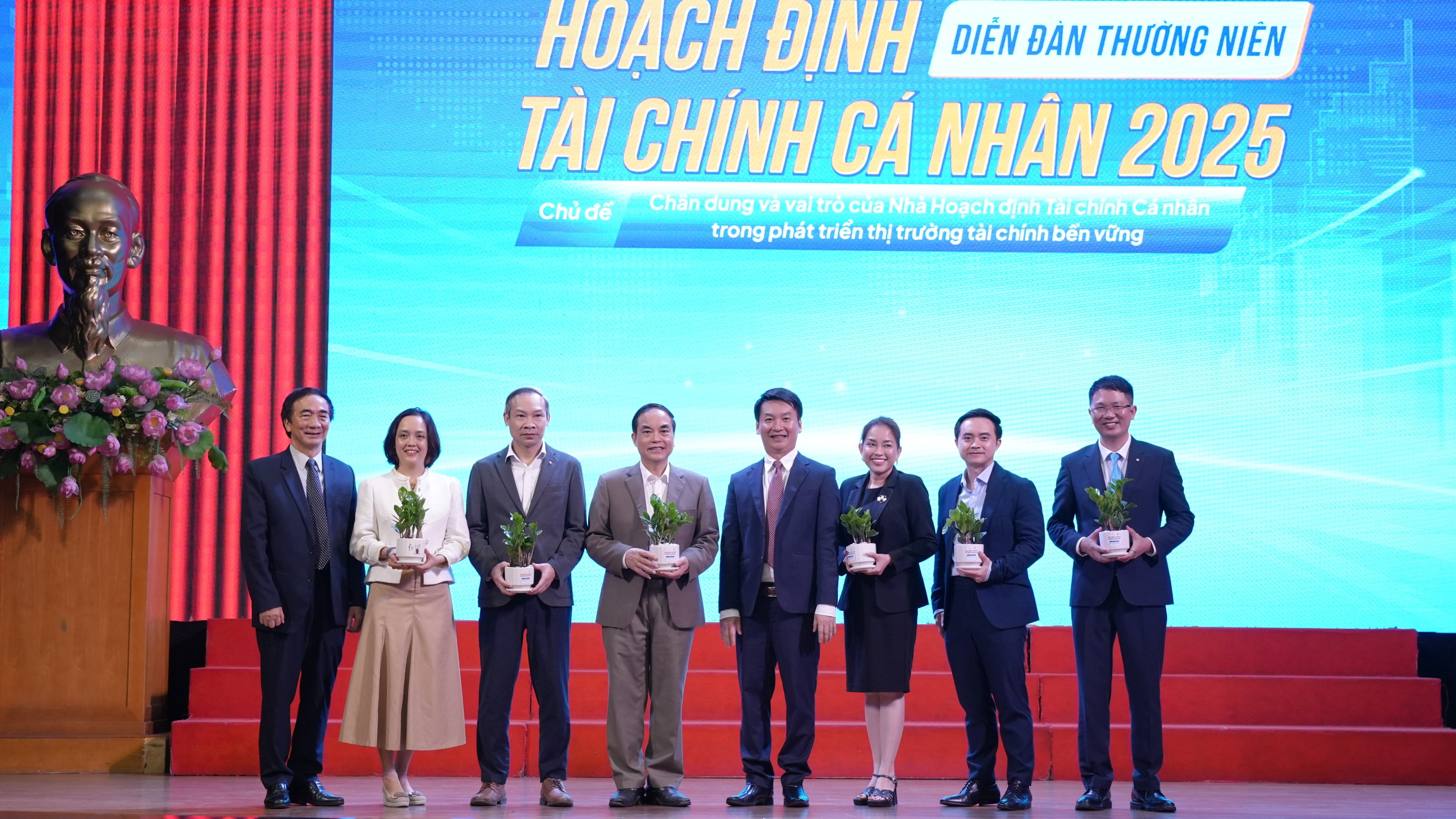
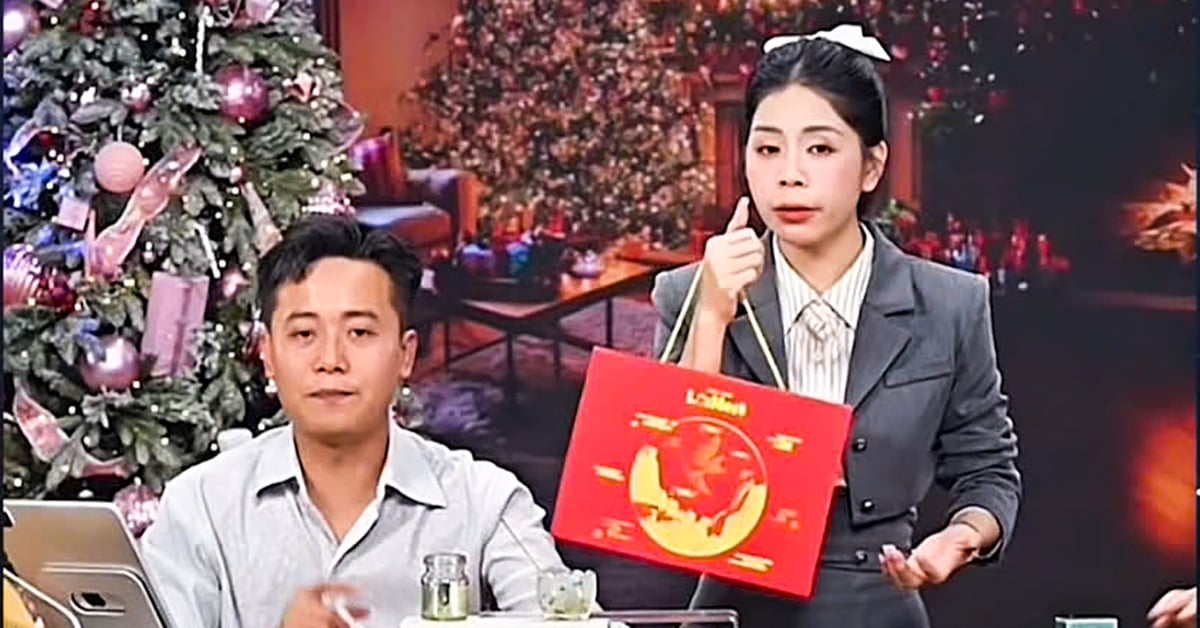




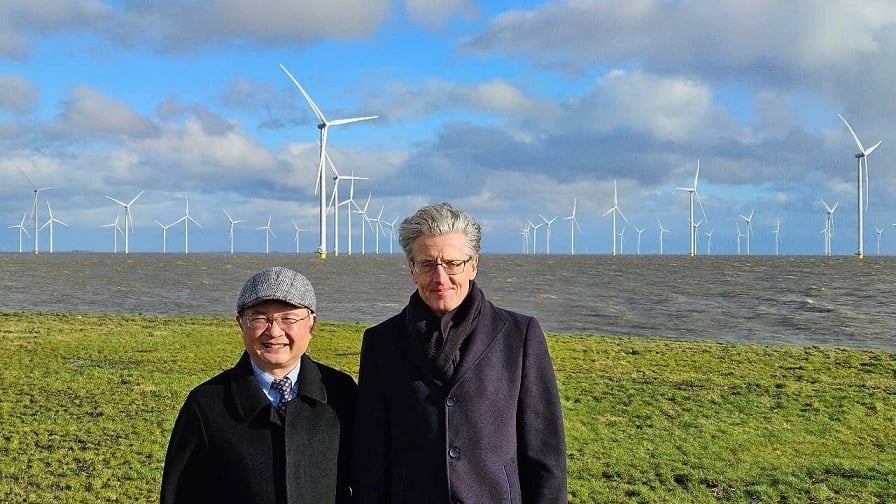

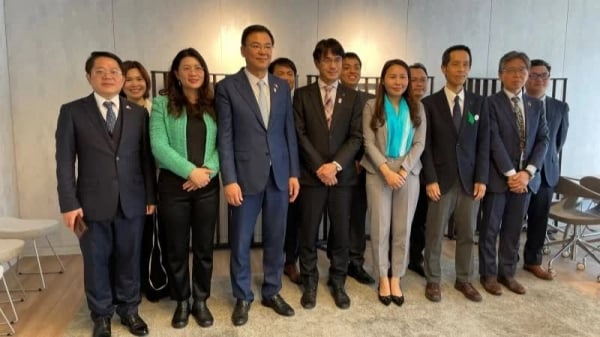

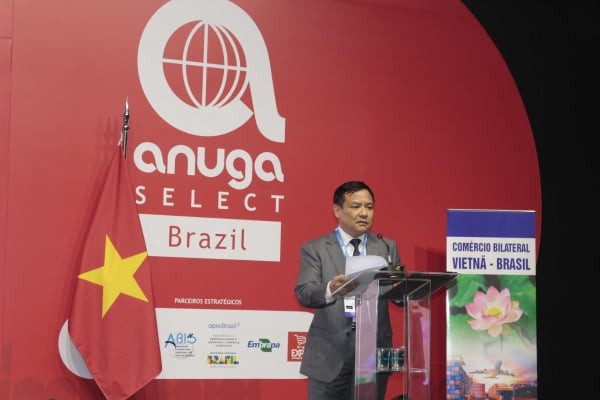











































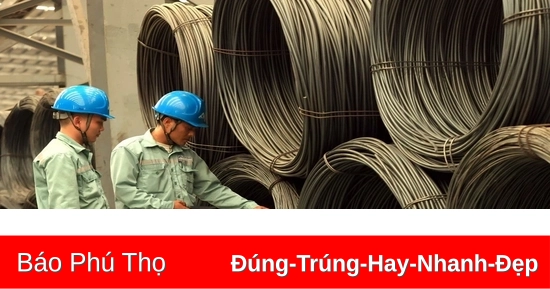

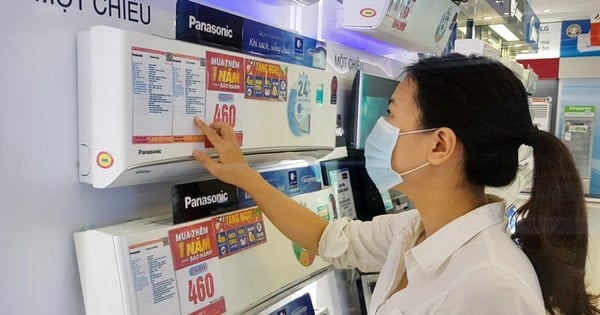

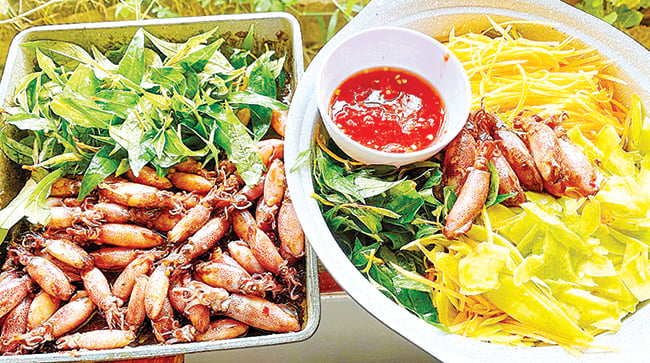
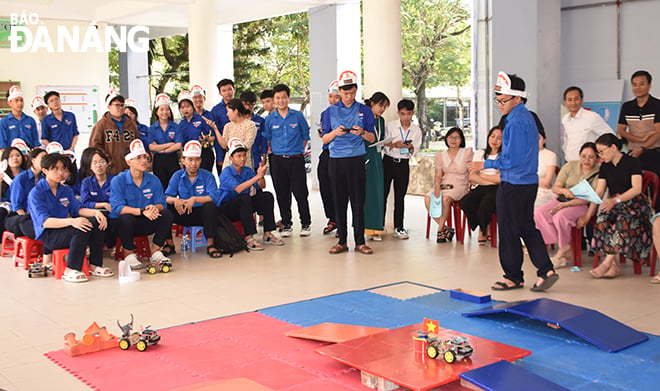

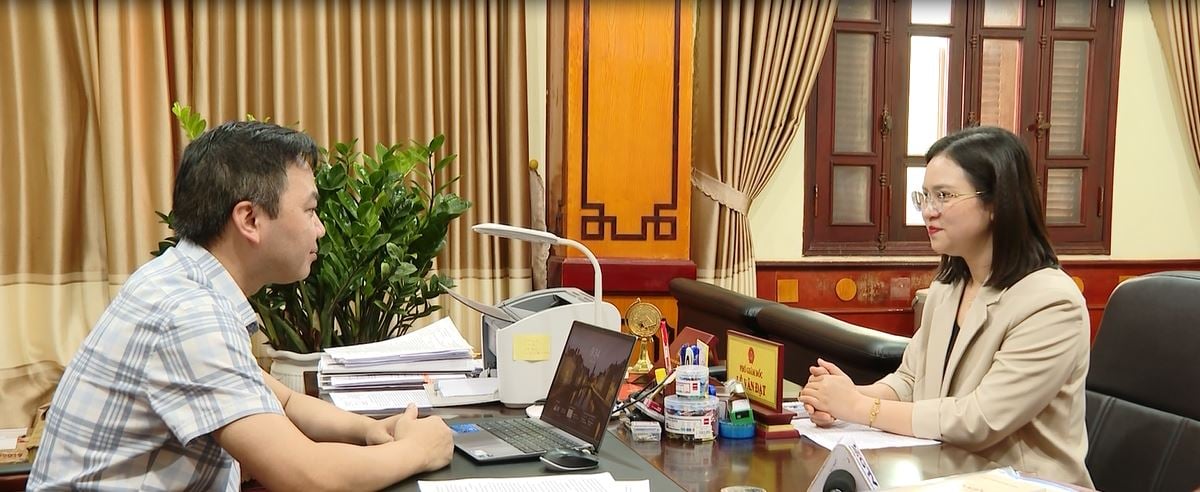
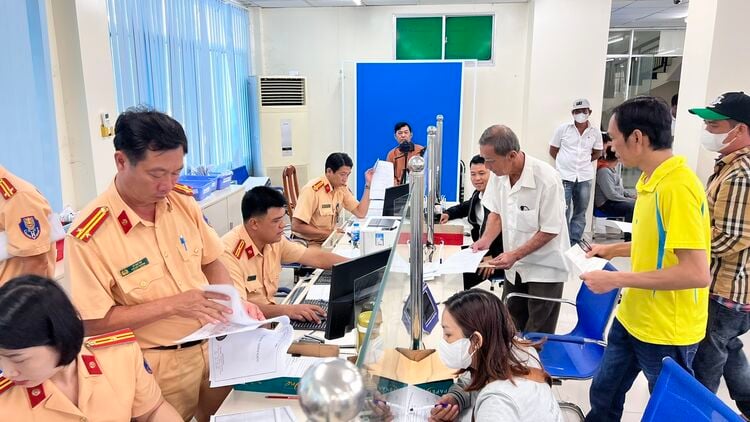











Comment (0)